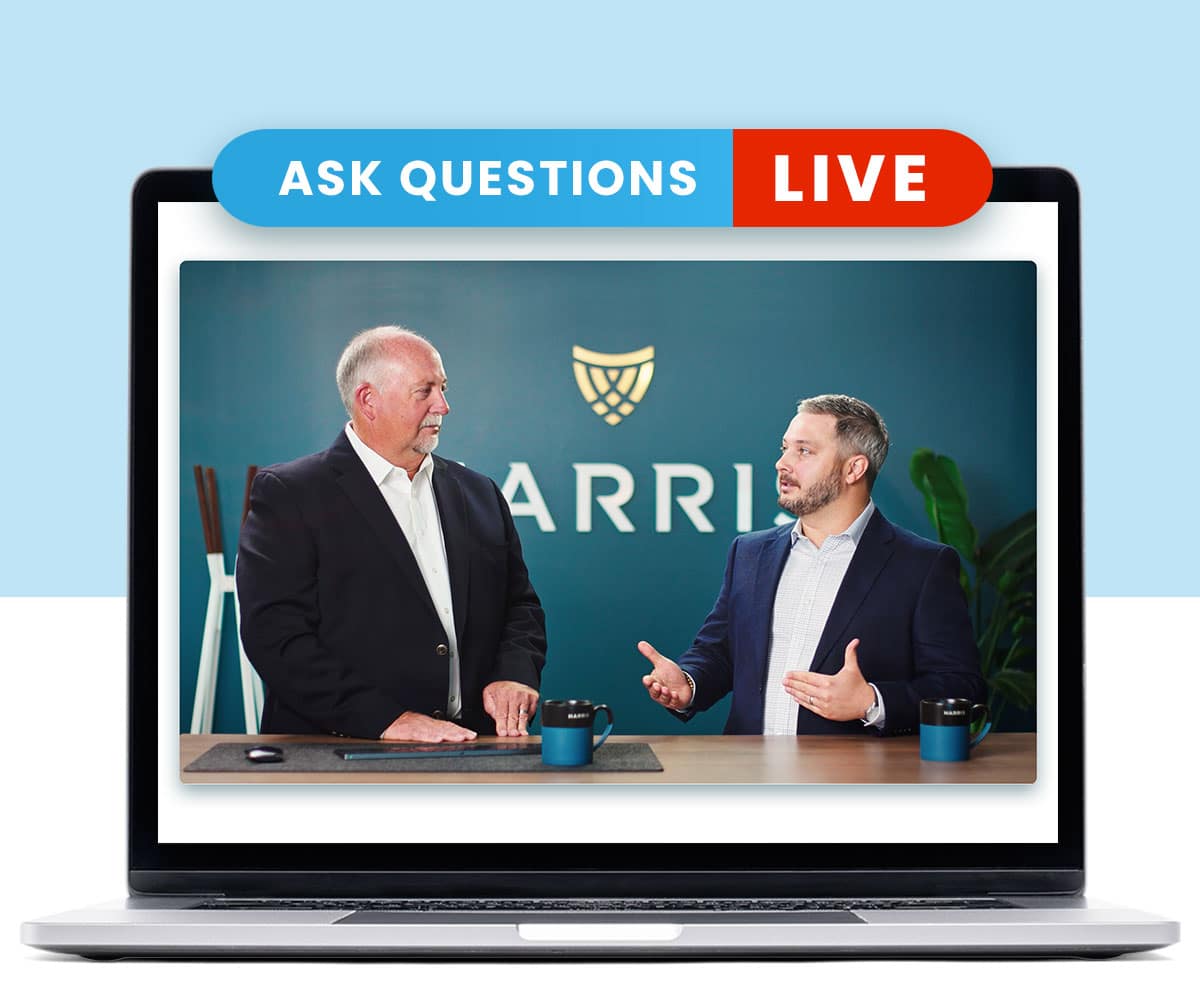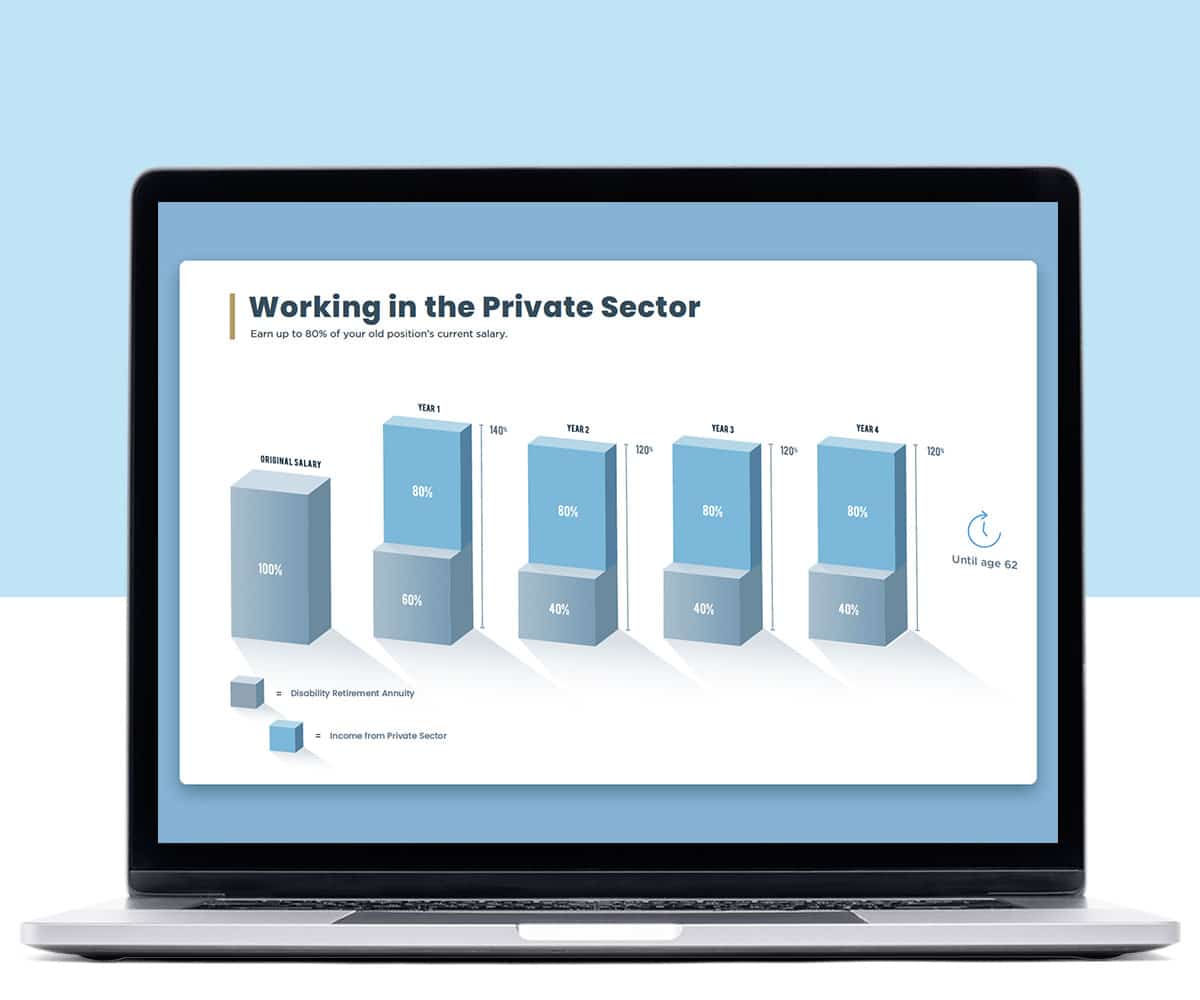 The House Oversight and Government Reform Committee will consider several new federal workforce bills, all of which could affect federal employee retirement and could expand the authority agencies have.
The House Oversight and Government Reform Committee will consider several new federal workforce bills, all of which could affect federal employee retirement and could expand the authority agencies have.
TSP Flexibility Options
The TSP Modernization Act would let federal retirees make multiple age-based and post-separation withdrawals from their TSP. Currently, participants in federal service can make only one withdrawal from their TSP upon reaching 59 ½. TSP participants who have left federal service can also withdraw a portion of their account balance only once.
This legislation would also:
- Revise timing and amounts of periodic payments
- Give the option of combining partial withdrawals or taking an annuity with periodic payments
- Eliminate automatic annuities as the default option if participants don’t elect an alternative.
Cash Bonuses
This bill expands an agency’s authority to hand out cash bonuses to employees who report waste, fraud, abuse, or any area in which an agency can save money. The legislation says, “The head of the agency may pay a cash award to any employee of such agency whose identifying of unnecessary expenses to the Chief Financial Officer of the agency has resulted in cost savings for the agency.”
In the past, agencies could award up to $10,000 for making a cost saving disclosure, however, the Bonuses for Cost-Cutters Act of 2017 increases that amount to $20,000. The bill also expands the number of employees who are ineligible to receive bonuses. These include agency heads, employees starting at Level 1 of the Executive Schedule, employee/officials in the Office of Inspector General of Commissioners, and board members of an individual board or organization.
Limit on Political Appointees
The Political Appointee Burrowing Prevention Act prohibits political appointees from taking a position in career civil service for two years after separation from a political position.
Federal Employee Viewpoint Surveys
Legislation has been introduced that ensures OPM will continue to conduct and administer annual employee surveys. It requires OPM to write all questions that apply to all federal employees, but surveys should also include questions specific to individual agencies. The legislation prevents OPM from making significant changes to the survey without first submitting regulations to the House Oversight and Government Reform Committee and Senate Homeland Security and Governmental Affairs Committee for review.
OPM described changes it will make to the 2018 FEVS. The survey will be shorter, having only 16 questions instead of 45. This bill also requires OPM and agencies make the survey results public on their website.
SECRET Act
The Securely Expediting Clearance Through Reporting Transparency Act requires the National Background and Investigations Bureau (NBIB) to submit quarterly reports for the next 5 years on its backlog of pending security clearance investigations. These reports should include the average length of time it takes to complete initial investigations and periodic reinvestigations at secret and top-secret levels. NBIB had 304,617 cases awaiting a secret clearance, 69,927 pending approval for top-secret clearance and 175,683 awaiting a periodic reinvestigation as of September 2016.
Public Pension Legislation
Rep. Don DeSantis (R-FL) wants to make retirement information for federal retirees subject to Freedom of Information Act (FOIA) requests. He said, “Americans should know exactly how their taxpayer dollars are used to fund the pensions of members of Congress and other federal bureaucrats. The Taxpayer Funded Pension Disclosure Act will empower taxpayers to hold their government accountable and demand that their hard-earned tax dollars are spent wisely.”
The bill does have support from 5 co-sponsors.
Keep in mind, some of these federal workforce bills are only a proposal, so it’s likely these can, and will, change.


